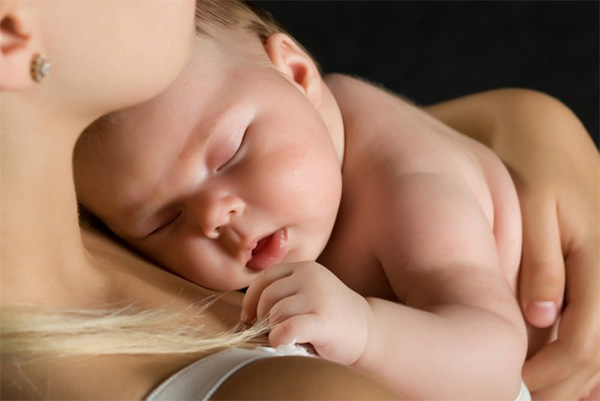
Inclusion of children with disabilities benefits all
20 November is known the world over as the Child Rights Day and the launch of the report in Uzbekistan on the same day was a reminder that children with disabilities have the same rights as all other children.
The global launch of the report took place earlier this year in Vietnam. It urged countries to take steps to accelerate progress towards integration of children with disabilities and reduce disparities that push them into the margins of society, the UNICEF Office in Uzbekistan in a press release.
Over 80 participants from different backgrounds attended the event: children, including those with disabilities, their parents, representatives from ministries, Government institutions, Parliament Committees, civil society organizations, the UN agencies and mass media.
"Children with disabilities have the same rights as all children everywhere,” emphasized Mr. Fuderich. "We should focus on the child, not the disability. We must value children with disability as active participants and contributors – not as beneficiaries of charity," he added.
The report lays out how societies can include children with disabilities because when they play a full part in society, everyone benefits. For instance, inclusive education broadens the horizons of all children even as it presents opportunities for children with disabilities to fulfil their ambitions.
The State of the World’s Children 2013: Children with Disabilities says that children with disabilities are the least likely to receive health care or go to school. They are among the most vulnerable to violence, abuse, exploitation and neglect, particularly if they are hidden or put in institutions – as many are because of social stigma or the economic cost of raising them.
The combined result is that children with disabilities are among the most marginalized people in the world. Children living in poverty are among the least likely to attend their local school or clinic but those who live in poverty and also have a disability are even less likely to do so.
About one third of the world’s countries have so far failed to ratify the Convention on the Rights of Persons with Disabilities. The report urges all governments to keep their promises to guarantee equal rights to all their citizens – including their most excluded and vulnerable children.
Progress is being made toward the inclusion of children with disabilities, albeit unevenly, and The State of the World’s Children 2013 sets out an agenda for further action. It outlines ways for governments, the private sector, international donors and agencies, parliamentarians and other stakeholders to advance this agenda through strong partnerships. It renews the call for all governments to sign, ratify and effectively implement the Convention on the Rights of Persons with Disabilities (CRPD), and to support families so that they can meet the higher costs of caring for children with disabilities.
As of February 2013, 128 countries in the world have signed the CRPD as well as the European Union. In the CEECIS region, 15 countries have ratified it. Georgia, Kazakhstan, Kyrgyzstan and Uzbekistan have signed but not ratified while Belarus and Tajikistan are not signatories.
It also calls for measures to fight discrimination among the general public, decision-makers and providers of such essential services as schooling and health care. It emphasizes the importance of involving children and adolescents with disabilities by consulting them on the design and evaluation of programmes and services for them. Everyone benefits when inclusive approaches have ensured accessibility for all through universal designs of environments such as schools or playgrounds that do not need to be adapted.
International agencies should make sure the advice and assistance they provide to countries is consistent with the Convention on the Rights of the Child and the Convention on the Rights of Persons with Disabilities. They should promote a concerted global research agenda on disability to generate data and analysis that will guide planning and resource allocation, the report says.
“Uzbekistan organizes and promotes the establishment and development of the system of rehabilitation of vulnerable children and initiates programmes to ensure their active participation in public life, “ says Vasilya Alimova, Director of Republican Social Adaptation Centre for Children. “Yet, educational, health, and cultural institutions and services should be adapted and improved further to provide for the free access of children with disabilities. We need to reinforce our joint efforts to create the best and favourable conditions for the physical, intellectual and spiritual development of all children and youth, with special attention to children with disabilities.”